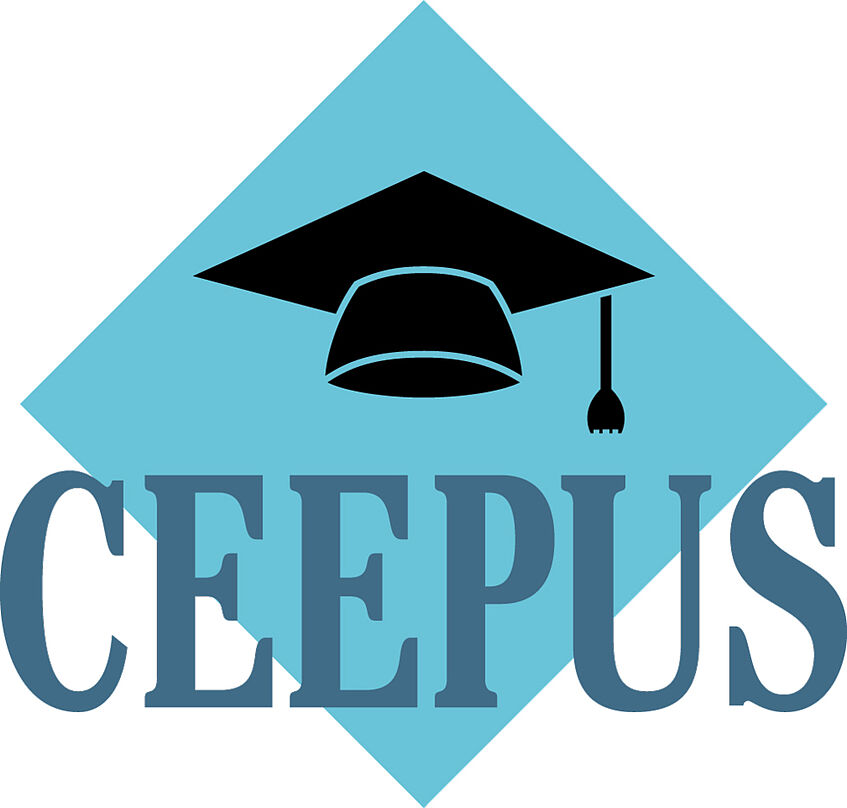CEEPUS - "Central European Exchange Program for University Studies

CEEPUS - "Central European Exchange Program for University Studies
What is CEEPUS?
CEEPUS stands for "Central European Exchange Program for University Studies". It is an Exchange Mobility Program for students and teachers, which aims to promote academic exchange between universities, faculties and institutes in Eastern, Central and Southeastern Europe.
How does CEEPUS work?
Within the framework of CEEPUS there is a university network, which in turn consists of various individual networks. A network consists of at least three higher education institutions, which must come from three different countries. One of the higher education institutions acts as the coordinating institution of the network. Within the framework of these networks, which must be applied for annually, the academic exchange of students and teachers takes place. The CEEPUS "currency unit" is fixed at one scholarship month. Months not used by networks are used for freemover mobility.
CEEPUS Mobility
Students and university staff can study, teach and learn abroad in Central and Eastern Europe with CEEPUS. Study visits, internships and teaching stays are supported. In addition, intensive courses and excursions are supported under certain conditions.
There are 4 types of mobility:
- Students (applications for 3 months or more)
- Short Term Students (applications for 1-2 months)
- Short Term Excursions
- Teachers
- Summer Schools
After nomination by the network coordinators or partners of the home institution, the nomination is made by the home NCO. The scholarship is awarded by the NCO of the target country.
CEEPUS for Students
Study visits within the framework of networks
With CEEPUS, students can spend 1 to a maximum of 10 months per Bachelor's and Master's cycle of their studies in the Central and Eastern European partner countries. For non-degree students, a minimum stay of 3 months applies. Shorter stays are only permitted for students working on their thesis or dissertation. Exception: excursion, summer school.
This maximum duration does not apply to doctoral students. Priority is given to mobilities within the framework of networks. Requirements:
- Applicants must have completed at least two semesters in the field of study in which the mobility is requested at an eligible higher education institution.
- They must have the citizenship of a CEEPUS country or belong to a group of persons with equal status.
- The destination country must not be the applicant's home country.
Study visits as a freemover
Freemovers are students and graduates enrolled at a CEEPUS institution who apply for a scholarship at an institution in one of the partner countries outside of a network. The institutions in the home and host country must be eligible for funding. The CEEPUS office in the target country will award the scholarship. Freemovers must resolve questions of creditability, tuition fees and language requirements on their own. In all other respects, the same conditions apply as for mobility within the framework of networks.
Memberships in Networks
The Department of Social Ethics is currently a member of the following CEEPUS networks:
